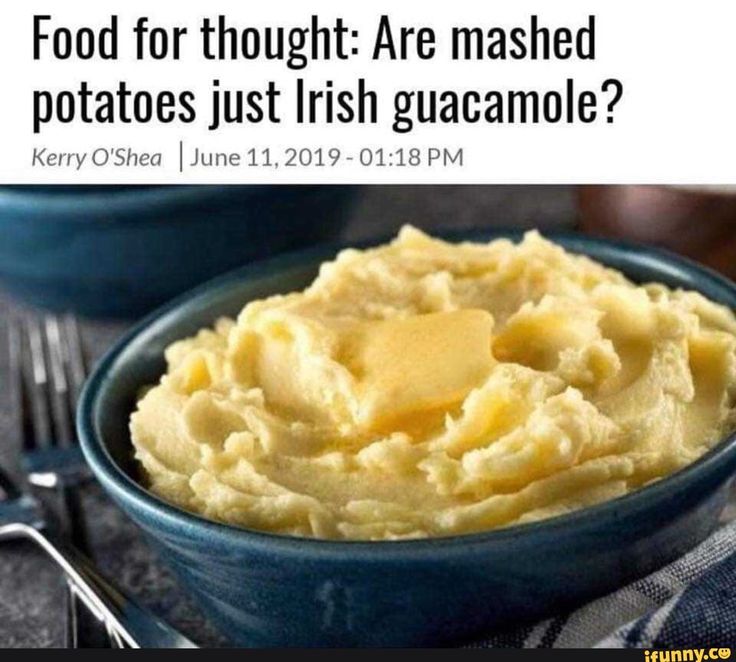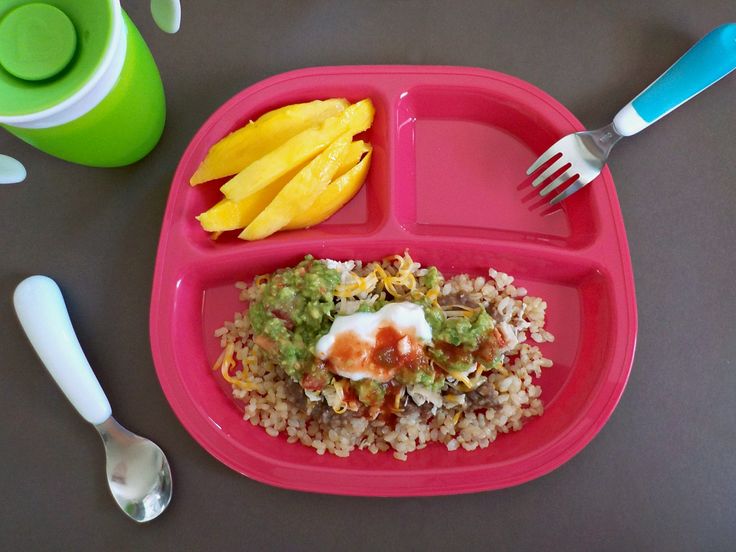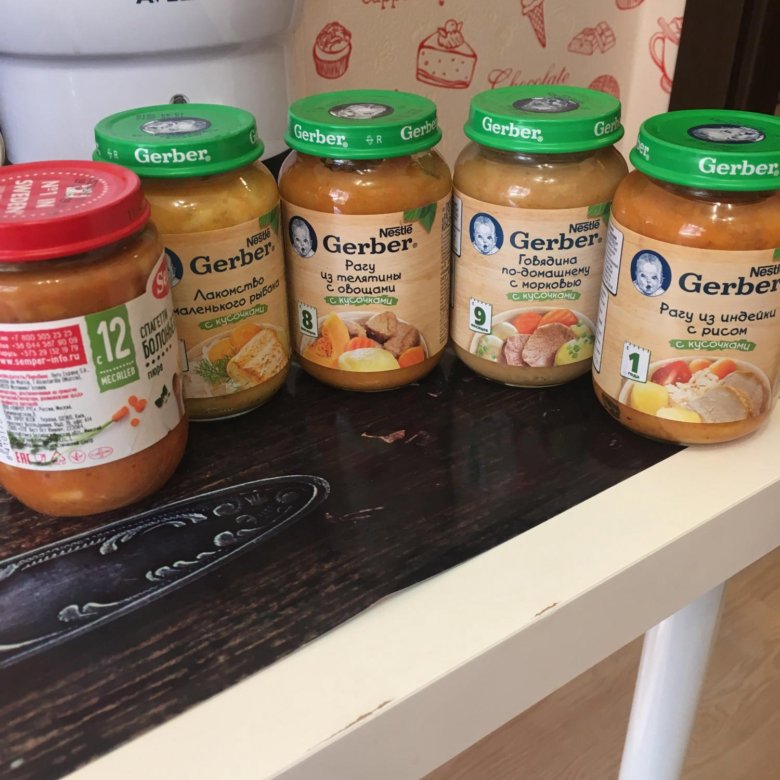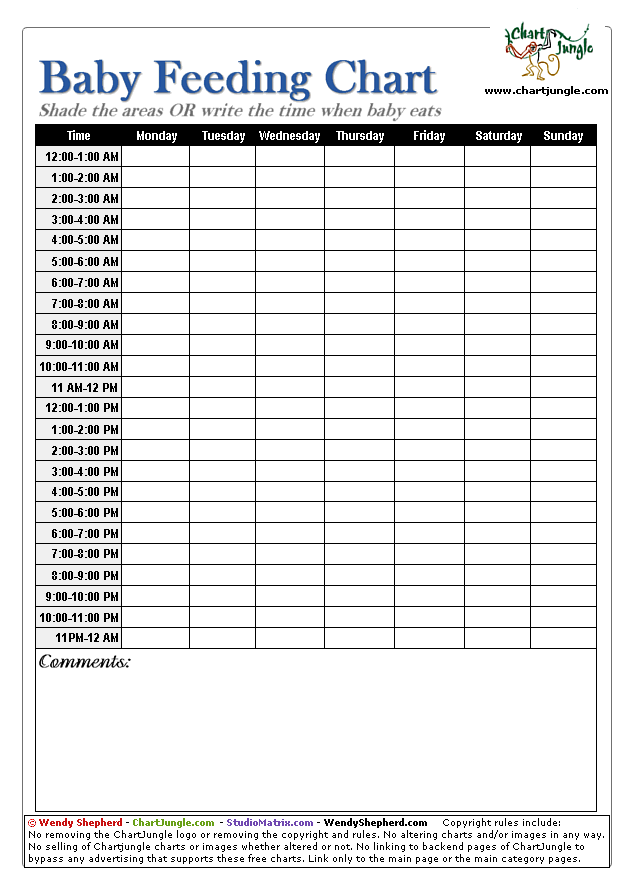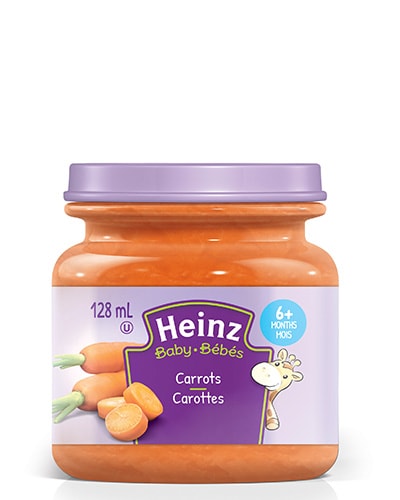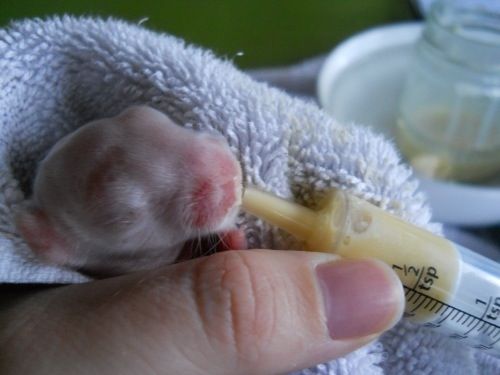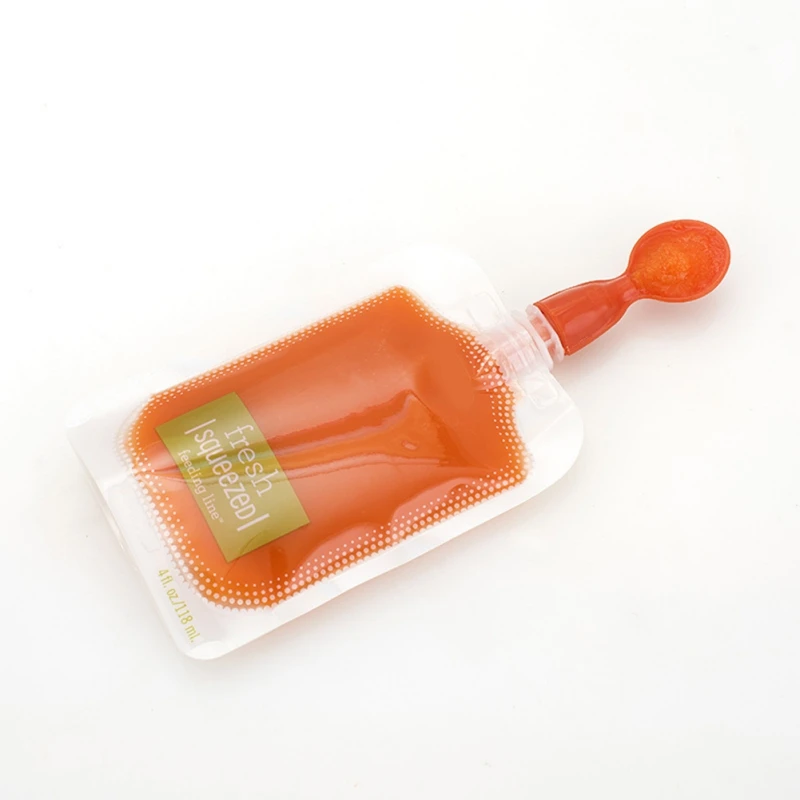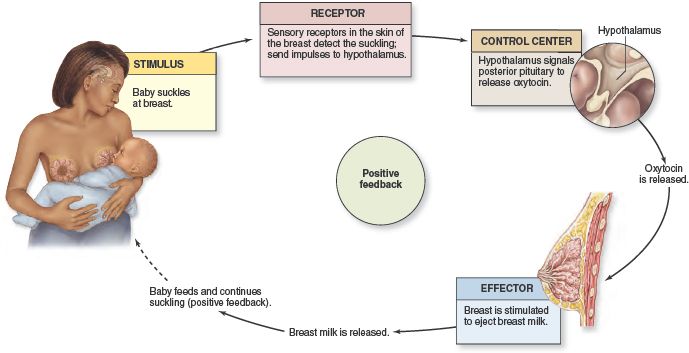Feeding baby mashed potatoes
What Age Should You Feed Your Baby
Many have wondered, “When can I give my baby mashed potatoes?” It may seem an odd question at first or, if your family members are avid potato lovers, it may not seem odd at all. When it comes to solid foods for a baby, exercising caution is always key. There are crucial factors you should consider for when your child will be able to enjoy this meal, along with the other meals that might crop up on your family menu. So, grab a seat and get comfortable as we delve into the topic of mashed potatoes for baby.
Mashed Potatoes For BabyWhen Can a Baby Have Mashed Potatoes?When a baby can have mashed potatoes depends largely on his or her age.
Ideally, you’ll wait until your little one is at least 4-6 months old, and even then, introducing mashed potatoes will come with a few caveats.
By and large though, mashed potatoes are smooth, easy to digest and are a quick meal to pull together. So if your baby likes them and is old enough to enjoy them, then there are very few reasons not to do so.
No.
At 2 months of age, a baby shouldn’t consume anything but breastmilk or formula. The reason? Young babies at two months will be unable to properly digest table foods, even if they are properly mashed. To give your baby mashed potatoes this early may upset his or her tummy and throw off the balance in his or her gut.
Moreover, a baby at this age will still have his or her tongue thrust reflex, meaning that they’ll likely spit something like mashed potatoes right back out of their mouth anyway.
Does that give you the green light to go ahead and have a baby try it? No.
Never try to introduce any sort of table food to babies under the age of 4 months… even if others encourage you to do so.
Can Babies Eat Mashed Potatoes at 3 Months?At 3 months of age, babies start to light up and take in the world.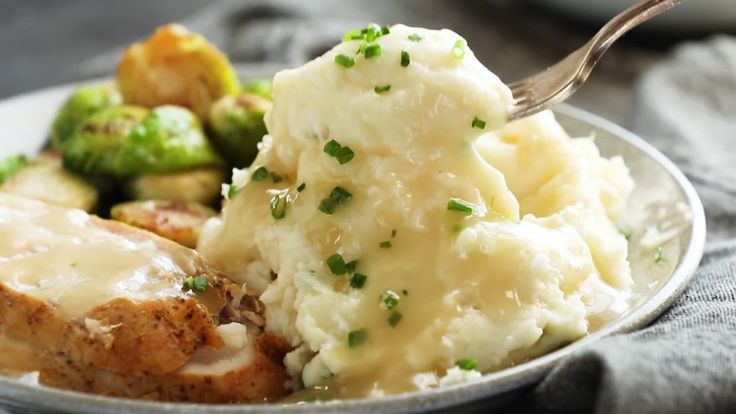 He or she may begin to swipe at toys, smile, babble and much more. But despite this newfound glee in your little one, it is important to remember that he or she is still very young. As such, table foods are still not a good idea according to most doctors. While conflicting reports still exist, doctors agree that feeding a baby too young will contribute to the habit of taking in excess calories which may continue into their childhood leading to obesity and otherwise unhealthy weight gain.
He or she may begin to swipe at toys, smile, babble and much more. But despite this newfound glee in your little one, it is important to remember that he or she is still very young. As such, table foods are still not a good idea according to most doctors. While conflicting reports still exist, doctors agree that feeding a baby too young will contribute to the habit of taking in excess calories which may continue into their childhood leading to obesity and otherwise unhealthy weight gain.
At four months old, your baby may be able to handle a side dish like mashed potatoes, but don’t be so eager to do so just yet.
Before you whip up a batch of that creamy mashed potatoes, check your baby for the following signs of readiness:
- Baby No Longer Has Tongue Thrust Reflex
- Your Baby Can Sit Up Without Support
- Child Grabs Food and Tries to Put It in His or Her Mouth
Reviewing the aforementioned list, you’ll probably notice that your baby has met few of these requirements to start eating mashed potatoes.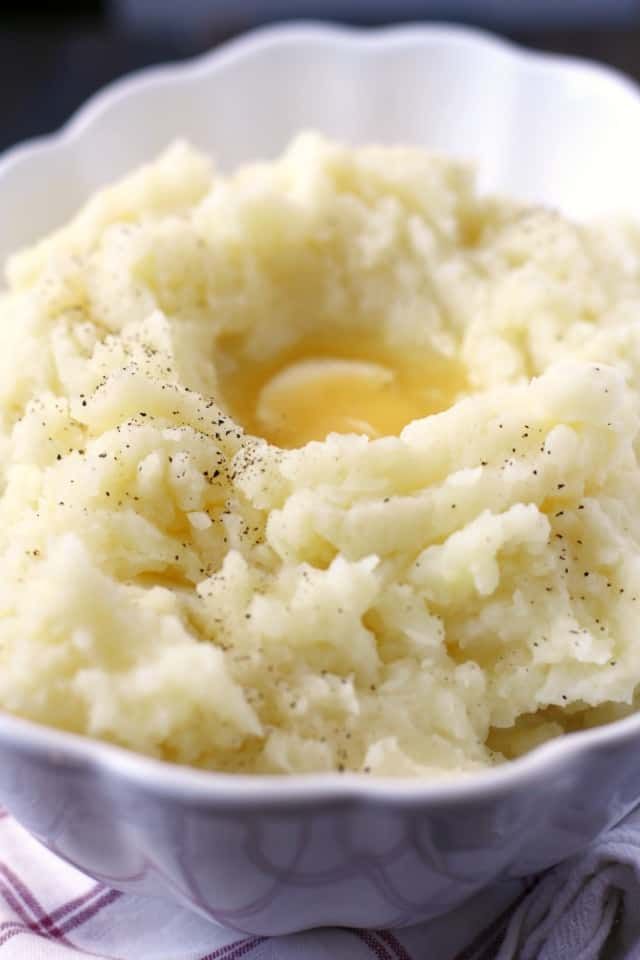 Nevertheless, if you feel your baby does meet these requirements, it is important to get the advice of a health professional first before jumping that the chance to give your baby solids before it is time.
Nevertheless, if you feel your baby does meet these requirements, it is important to get the advice of a health professional first before jumping that the chance to give your baby solids before it is time.
If you’ve waited thus far, take heart…your baby is only a month away from the age that the World Health Organisation, otherwise known as WHO, says you should feed your baby solids. By waiting the additional month, you can save yourself some worry, and potentially, save your baby from an unnecessary tummy ache.
If you must feed your baby mashed potatoes at this age, go slowly. Use only plain potatoes without added salt and consider thinning the consistency with breastmilk, formula or water so that it will be easier for your little one to digest.
Want to feed your baby potatoes by mixing both breast milk and formula? Find out if it is safe to mix breastmilk and formula.
Can a 6 Month Old Have Mashed Potatoes?Finally… the green light! At six months, your baby is finally ready to chow down on mashed potatoes!
But still, you need to exercise caution. Why? Because you are just beginning to introduce your baby to solids, make sure that whatever he or she eats is prepared properly and is free of harmful additives.
Why? Because you are just beginning to introduce your baby to solids, make sure that whatever he or she eats is prepared properly and is free of harmful additives.
In order to do this, always prepare your baby’s meals fresh and at home. When you prepare the mashed potatoes, be sure to nix the salt and any dairy that your child isn’t accustomed to, like butter and cow’s milk. Use breast milk, formula or water instead.
Once you’ve grabbed your fresh ingredients, it is okay to add a little seasoning, like garlic or herb, but don’t overdo it. Also, be sure to puree the mashed potatoes completely, leaving no chokable lumps behind. Wash your babies hands, or slather on some baby-friendly hand sanitiser, and let your baby experience the joy of homemade mashed potatoes.
One additional tip for preparing mashed potatoes? Don’t put them in a blender.
Although blending softened fruits and veggies for baby is commonplace, it isn’t a good idea for potatoes. Mums that have already tried say that the results are a gluey unappetising mess… so it might be best to mash them thoroughly with a fork or use a hand-held mixer, instead.
Bear in mind, too, that, although potatoes are a vegetable and are safe for babies to consume at the age of 6 months, you may wish to limit the amount of potatoes, in any form, that you give to your baby. The nutrient content of russet potatoes can be low compared to its sweet potato counterpart. It isn’t the heftiest source of nutrition for littles out of the multitude of vegetables available.
Giving your baby excessive amounts of potatoes may lead to unhealthy weight gain, so be sure to offer this as a side dish or occasional meal, rather than everyday. And with the introduction of solids to your baby’s diet, be sure to thoroughly brush his or her teeth after. See what to do about bad breath in a child.
When Can I Give My Baby Mashed Potatoes: FAQsCan Babies Eat Mashed Potatoes With Milk?Yes and no.
Provided that your baby is the right age to consume solid foods, then yes, but as always, do so with caution.
We recommend using water breastmilk or formula to thin out the mashed potatoes, as using cow’s milk may upset baby’s still immature digestive system. If you must use cow’s milk and butter, do keep a close eye on your baby’s behaviour and his or her nappy to ensure that the introduction of cow’s milk hasn’t constituted diarrhea, constipation or general gassiness.
Can Babies Eat Mashed Potatoes and Gravy?We don’t recommend it.
Depending on how the gravy was prepared, this likely isn’t something you’ll want to add to your baby’s diet, just yet. Homemade gravy may taste delicious but usually has flour and butter in the ingredients. These can constipate the baby or promote gassiness.
Moreover, the jarred or canned version of gravy is worse. It has chemicals and additives that can harm your baby’s health.
Our recommendation is to mix veggies into the potatoes to make them more flavourful, or add seasonings like garlic and herb to jazz them up a bit.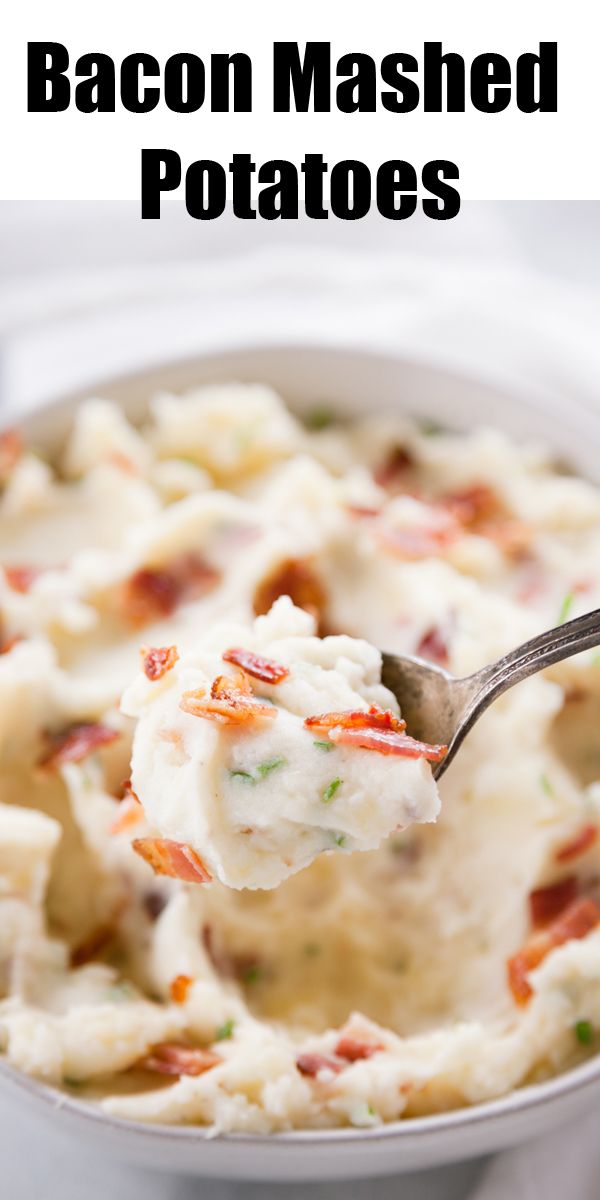 You can even drizzle a little of the drippings leftover from meat over the potatoes, provided that the drippings are thoroughly cooked and do not contain any raw meat.
You can even drizzle a little of the drippings leftover from meat over the potatoes, provided that the drippings are thoroughly cooked and do not contain any raw meat.
Similar to jarred gravy, instant mashed potatoes have a whole host of forerign ingredients in them. Dodge these and go for the real stuff, instead.
Yes, Your (Older) Baby Can Have Mashed PotatoesSo, there you have it! Yes, your older baby can have mashed potatoes. Answering the question “When Can I Give My Baby Mashed Potatoes”, they can start having this and other more solid food at 6 months.
When it comes to preparing mashed potatoes for baby, be sure to wait until your baby is the right age, preferably 6 months according to the World Health Organisation, and be sure to prepare the potatoes fresh and at home.
As always, speak with your healthcare provider before giving your baby solids to ensure that your baby is indeed ready to take on new foods.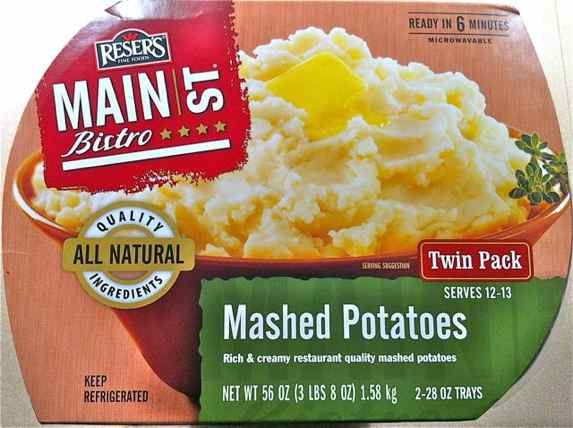
For more information on what to feed your baby, check out this article by the NHS on what to feed your 6 month old child.
RELATED PRODUCTS
- Anti-Bacterial Hand Sanitiser Gel with Aloe Vera
How to Make Mashed Potato for Babies & Toddlers
- Home
- Baby
- Food Recipes Mashed Potato Recipe
Once your baby completes six months of age, potatoes can be safely introduced into their diet. It’s one of the universally loved vegetables that helps in healthy weight gain.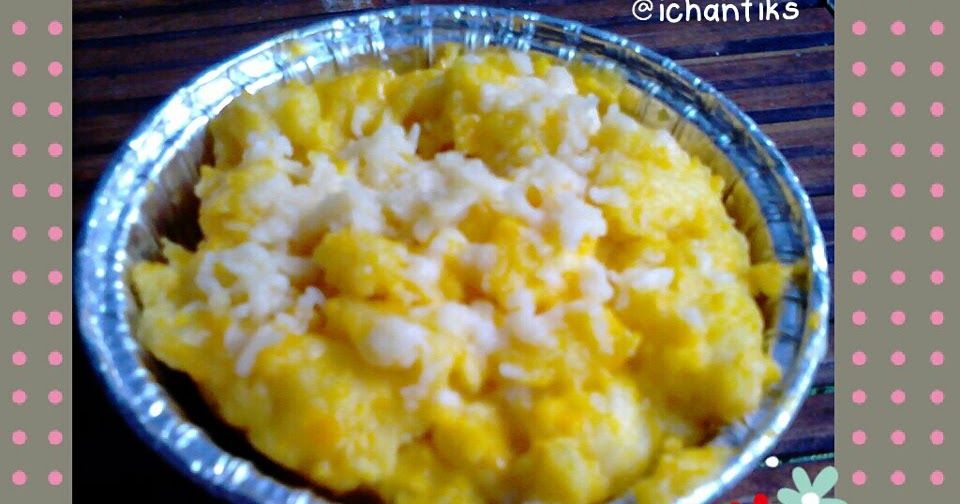 Mashed potato is one of the safest food for weaning babies who will love its soft, buttery texture and delicious taste. Easy to digest and loaded with minerals and vitamins, mashed potatoes are the least allergenic food that can be served almost every day during any mealtime. This recipe helps all mothers to reach their goal of including veggies into their child’s diet. Learn the most tried and true technique of how to make mashed potato most easily and make the perfect savory side dish that your child will find it hard to resist!
Mashed potato is one of the safest food for weaning babies who will love its soft, buttery texture and delicious taste. Easy to digest and loaded with minerals and vitamins, mashed potatoes are the least allergenic food that can be served almost every day during any mealtime. This recipe helps all mothers to reach their goal of including veggies into their child’s diet. Learn the most tried and true technique of how to make mashed potato most easily and make the perfect savory side dish that your child will find it hard to resist!
Video: Mashed Potato Recipe for Babies and Toddlers | Healthy Baby Food
Cooking Time
| Type | Time (hh:mm:ss) |
| Preparation Time | 00:10:00 |
| Cook Time | 00:20:00 |
| Total Time | 00:30:00 |
Cooking Method
Gas Stove
Type of Meal
Vegetarian
Suitable For
Weaning babies older than six months of age
Meal Schedule
Lunch or dinner
Recipe Type
Side Dish
Ingredients
| Type | Quantity |
| Potato | 1 Medium Sized |
| Butter | 1 Tsp |
| Breast Milk/ Formula Milk | 1 tbsp. |
| Salt | As Per Taste |
| Pepper Powder | 1/8 Tsp |
| Parsley / Coriander Leaves | 1 Tbsp |
Instructions
The step by step directions listed below will guide you to dish out the finest mashed potato that tastes delicious and makes mealtimes fun.
- Clean the potato thoroughly with water and peel its skin.
- Cut them into cubes and pressure cook them with enough water for 2-3 whistles.
- Once the potatoes are cooked and pressure is released naturally from the cooker, strain out the water and place the potatoes in a bowl.
- Mash the potatoes lightly using the back of a fork or potato masher.
- Heat butter in a pan. Once it is melted on medium flame, add the asafoetida and potato.
- Add a pinch of salt, pepper, and milk to the mixture. Stir well until you get a creamy mash.
- Pour in formula milk or breast milk to make it runny and puree.
- Garnish with chopped coriander leaves and serve warm in a bowl.
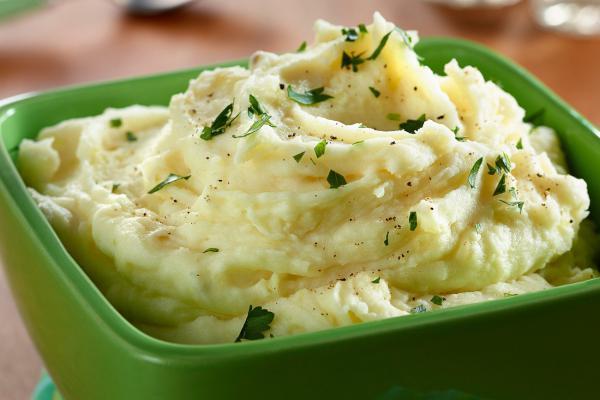
Recipe Tips
- This simple mashed potato recipe is utterly simple to make using basic ingredients available at home.
- You can use a mixer to whip up a fluffy potato mash.
- Adding salt and pepper is optional as it should be avoided for children below one year of age.
- You can puree the potato with milk using a mixer for small babies.
- This homemade mashed potato baby food recipe can be made tastier by adding coriander leaves.
- Sterilize all utensils and maintain hygiene before preparing food for your baby.
- Check with your pediatrician before giving any new solid to a weaning baby.
- You can bake the potatoes in an oven before making this dish.
- You can add well-fried onions to enhance the taste of mashed potatoes for older babies.
- Adding homemade butter lends this recipe a rich flavor.
- You can add fresh garlic, sour cream or yogurt to the potatoes for extra flavor preferably for older children.
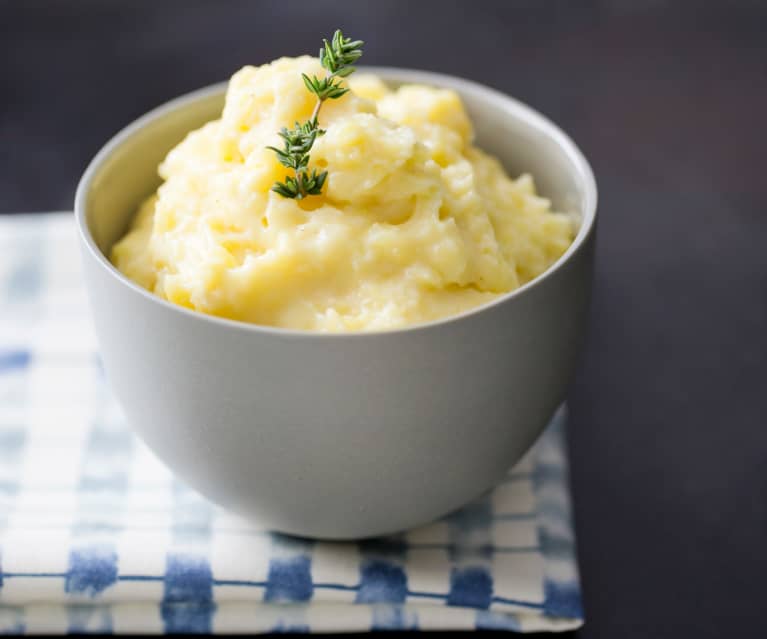
| Type | Value |
| Energy | 401 Calories |
| Carbohydrates | 42 grams |
| Protein | 6 grams |
| Sodium | 468 mg |
| Fiber | 2 grams |
| Fat | 2 grams |
| Potassium | 1004 grams |
| Calcium | 81 mg |
| Vitamin C | 13.5 mg |
| Calcium | 81 mg |
| Iron | 2 mg |
| Sugar | 3 grams |
| Vitamin A | 785IU |
| Iron | 2 mg |
Health Benefits
Packed with nutrition, mashed potatoes are a wholesome food that ensures that your child stays well-nourished and grows up with healthy eating habits.
- Potato is a popular vegetable that is widely available and eaten in different forms worldwide. This edible tuber protects the liver, protects the skin, improves gastronomical health and supplies essential vitamins and minerals that are needed for a baby’s growth.
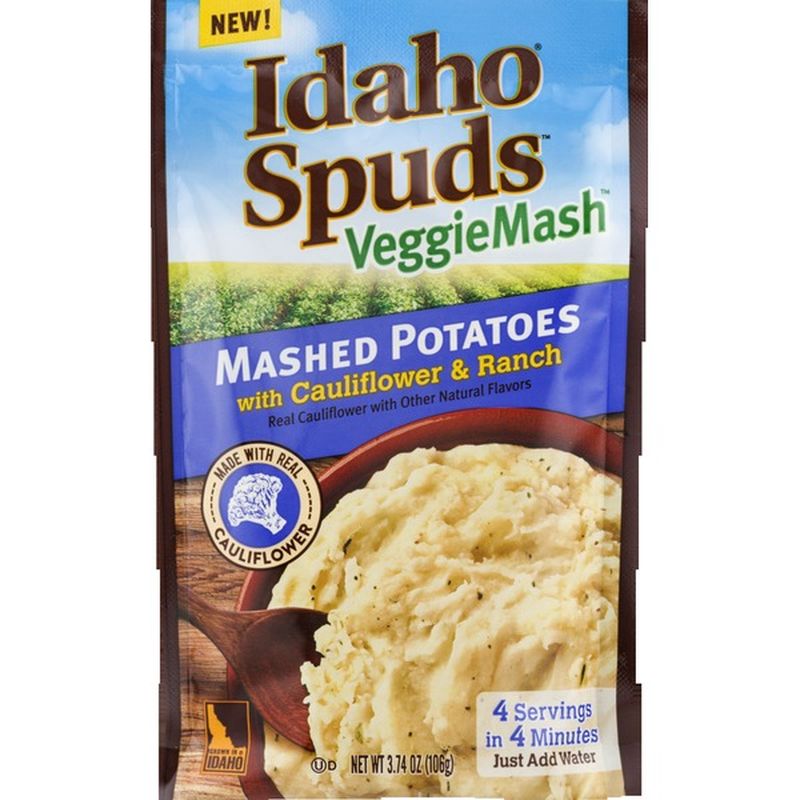
- Red fleshed potatoes contain anthocyanins that stop the growth of influenza viruses.
- Its healthy glow to the skin heals burns and reduces inflammations caused by insect bites.
- Steaming is always a better way than boiling as the vitamins and minerals are lost by the latter process.
- The dietary fiber and carbohydrates in potatoes help to keep your child’s belly full.
- The vitamin C in potatoes supports the immune system and helps iron absorption.
- The potassium content of potatoes helps muscles to contract and maintains normal blood pressure.
- As butter is high in calories and fat, it should be added in moderation to any recipe.
- Butter contains milk fat that is rich in vitamin A, Vitamin D, Vitamin E, Vitamin B12, and Vitamin K2. Its antioxidant content keeps children protected from harmful infections.
Buying Guide
Keep these helpful tips in mind while buying good quality potatoes for your mashed potato recipe.
- Look for smooth, firm-textured potatoes that are free of bruises or cuts. Buying from an organic store or a farmer’s market that sell locally grown produce is always better.
- Check the best before date before buying a branded pack of formula milk for your baby.
- Look for a label that shows unsalted butter that is pasteurized, non-GMO or antibiotic-free.
Homemade Mashed potatoes for babies can be consumed daily instead of a fried or high-fat snack. It is a delicious meal option for babies once they graduate from thin porridge to solids. Make it with love and just create memorable mealtime moments while feeding your tiny tot.
Previous article « 7 Best Game Consoles For Kids
Next article Baby Lullaby Lyrics – Swing Low, Sweet Chariot »
- RELATED ARTICLES
Table of Table of Contents
- 1 Benefit and Catcams of Cycling
- The introduction of new foods into a child's diet should be consistent.
For each vegetable, there is a certain time when the digestive system will be ready to accept it. Mashed potatoes for babies are one of the first to be added to the menu. Its preparation does not require much time. But in order for the dish to be as healthy and safe as possible, you need to know a few simple recommendations. It is important to choose and process the root crop correctly, as well as determine the method of cooking. nine0003
Benefits and harms of potatoes
Potatoes contain a large amount of carbohydrates and proteins. As a result, dishes from it are high in calories and difficult to digest. That is why it is not recommended to give your child mashed potatoes too early.
The benefits of this product are due to its content of organic acids, potassium, phosphorus and vitamins A, C, B1, B2 and B6. All these elements are necessary for the baby to grow and develop. The root crop contains fiber in its composition, which has a beneficial effect on the digestion process.
nine0003
Weighing the "pros" and "cons", it is worth considering that properly prepared mashed potatoes for babies will not only be healthy, but will also please him in taste and texture.
When to introduce the dish into the diet
First of all, it should be noted that mashed potatoes can be given to a child only if he has already "tried" more easily digestible vegetables - cauliflower, zucchini, broccoli, pumpkin.
From what age you can give a dish to a baby, depends on the main type of feeding:
- It is possible to introduce mashed potatoes into the diet of an artificial child no earlier than 5 months.
- For breastfed babies, the minimum age is increased to 6 months.
Important
There is no need to hurry. You can wait up to 7-8 months, especially if the baby has frequent constipation and digestive problems.Start with one or two teaspoons a day and observe the reaction.
If the baby has allergies or stool retention, it is worth giving up potatoes for a while. This is not a very valuable product in terms of the content of nutrients, so its absence will not have any effect on the health of the baby. The child will be able to get the necessary vitamins from other vegetables, which must be present in his diet after 6 months. nine0003
If there are no problems after the first feeding with mashed potatoes, you can continue to give it to your baby. But it is advisable to cook such a high-calorie dish for a child no more than 1-2 times a week.
The root vegetable can contribute to weight gain when there is a lack of it. In this case, you can cook mashed potatoes for babies a little more often. However, it is important not to overdo it so as not to provoke problems in the digestive system.
How to choose potatoes
Before you start cooking, you need to choose the right vegetables. It is best to take medium-sized smooth new potatoes.
Tubers should not have the following signs:
- putrefactive areas;
- green peel; 90,005 cuts and other injuries;
- "eyes" in large numbers;
- is too large.
It is advisable to use potatoes from your own garden: store-bought potatoes may contain a lot of nitrates and other harmful substances. The vegetable will bring less harm and more benefit in the autumn and winter periods. nine0003
In the spring it is recommended to use potatoes for babies as little as possible - at this time the concentration of the toxic substance solanine increases in the peel due to long storage.
First food
How to make mashed potatoes for baby? The usual dish that many cook for every day will not work. There are some features that you need to know in order not to harm a growing organism that has not yet been fully formed.
Important
Prepare food for infants immediately before feeding. During storage, the beneficial properties of products are lost and harmful microorganisms develop.The baby's body is not yet able to fight bacteria, unlike adults.
To prepare mashed potatoes, potatoes can be boiled in their skins or peeled. The peel contains many nutrients. Therefore, you need to cut off a thin layer, as close to the surface as possible. The peeled vegetable is cut into cubes and poured with cold water for a day. This will get rid of excess starch and nitrates. Then the water is drained and the potatoes are washed. nine0003
The rest of the recipe is quite simple. The prepared product is laid out in a saucepan and poured with clean water so that the potatoes remain a few millimeters above its surface. It is not recommended to use salt in dishes for babies. In extreme cases, you can add a little salt, but the less the better.
Cook over low heat for a maximum of half an hour. Do not boil potatoes longer to prevent the breakdown of vitamins and other beneficial substances. If after this time the root crop is not cooked, then this is a variety not intended for human consumption. Moreover, you can not give his baby for complementary foods. nine0003
At the end of cooking, the potato broth is poured into another container and the vegetable is chopped, rubbing it through a sieve or kneading it with a crush.
Tip
The use of a blender is not recommended. Mashed potatoes for babies in it turn out to be unpleasantly viscous, resembling a paste. Often children refuse such a dish.
You can also prepare mashed potatoes by steaming or roasting the vegetable. Such methods are considered more gentle for the first complementary foods, as they retain most of the vitamins and other important elements. nine0003
Potato or other vegetable broth is added to the puree and brought to the desired consistency. It is better to make it thinner so that it is easier for the baby to eat. You can add breast milk or formula for softness. It is important to mash the potatoes well so that there are no hard lumps left. Otherwise, the child may choke. If desired, add a little butter for taste.
Puree for older babies
After 8 months, the baby can start feeding multi-ingredient meals. Potatoes are mixed with cauliflower, carrots or zucchini, and chicken or veal meat is also added. This is especially true if the child refuses the root crop in its pure form. nine0003
- Mashed potatoes and cauliflower
Wash and clean the vegetables well. You can take them in any proportion. If the child does not like potatoes, you can take quite a bit, each time increasing the amount.
The products are placed in a saucepan and filled with water. You can add dill greens. Everything is boiled until tender, then crushed. To do this, use a blender, pusher or sieve. Puree is made on the basis of vegetable broth, if desired, you can add milk. Olive oil is optionally added to the finished dish - 1 teaspoon per serving is enough for babies. nine0003
- Other multi-component mashed potatoes
The recipe for puree with other vegetables will be similar to the previous one. Use any products that have already been introduced into the child's diet before. The proportions are also unbounded. With the help of such dishes, you can accustom your child to vegetables that he does not like, gradually increasing their amount in mashed potatoes. Potatoes in the composition of multi-component dishes will add nutrition and improve taste.
Mashed potatoes are nutritious and delicious. When to introduce it into the diet of the baby, it is up to the parents. It is advisable to coordinate this decision with the pediatrician. He will be able to tell you how many months it is better to give the root crop, and assess the readiness of the digestive system for a new product. Compliance with all recommendations will avoid possible problems or reduce their manifestation. nine0003
Potatoes in complementary foods - Encyclopedia Baby food
Levchuk Victoria © In the modern culinary world, potatoes occupy a leading position in terms of consumption, especially in Russia.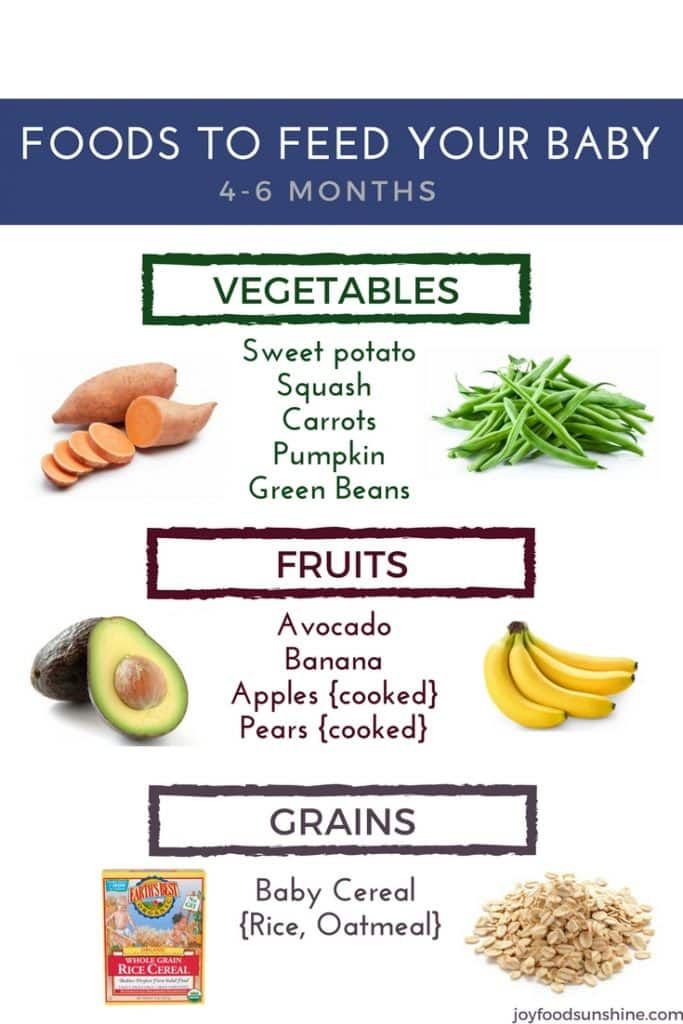 Therefore, most parents try to quickly introduce potatoes into the child's diet. But not everything is so simple and easy. When should you introduce your baby to potatoes? How much to give? How to give? And how to enter? We will try to answer all these questions in the article Potatoes in complementary foods. nine0003
Therefore, most parents try to quickly introduce potatoes into the child's diet. But not everything is so simple and easy. When should you introduce your baby to potatoes? How much to give? How to give? And how to enter? We will try to answer all these questions in the article Potatoes in complementary foods. nine0003
What are potatoes?
Table of Contents:
Potatoes are also called tuberous nightshade. It is a perennial herbaceous plant that reproduces only by tubers. This product is one of the most important components of the diet to this day. But, due to the content of solanine in it, they are considered poisonous. Therefore, it is strictly not recommended to use potatoes in a “green” form, because. It is deadly for both animals and humans.
In agriculture, potatoes are grown as an annual. The most popular types of potatoes for consumption are: Chilean, tuberous and Andean. Product seasons are summer and autumn. The same is true in Russia. nine0003
The history of the potato
It is hard to imagine that a few thousand years ago no one even thought about the existence of potatoes. But for the first time it was mentioned about 9-7 thousand years ago on the land where Bolivia is now located. Its introduction into agriculture was started with the use of lush thickets. And the Indians not only used it, but also considered it to be an animated object and prayed to it.
The European world adopted the potato in the 16th century and considered it poisonous as well as decorative. But thanks to Antoine-Auguste Parmentier, an agronomist from France, it was discovered that potatoes have an excellent taste and a lot of nutrients. This discovery helped fight famine in France. nine0003
Potato appeared in Russia a little later, in the 17th century. Peter the Great brought a bag with tubers of this product to the capital of the Russian Empire from Holland for popularization in the provinces for its cultivation. However, the potato did not immediately gain its fame. At first, the product was considered an exotic vegetable, and it was served only in rich families. And then, after some time, gradually displacing turnips from the diet of peasants, potatoes were accepted throughout Russia.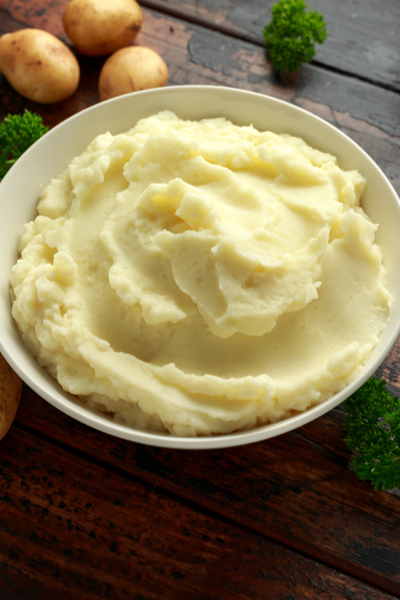
The benefits of potatoes in baby food
Potatoes are considered a good source of vitamin C, vitamin B6 (which supports the formation of new cells in a child's body) and potassium. It also contains fiber, iron, folate, riboflavin, thiamine, niacin, zinc and magnesium!
Potatoes are an excellent source of vitamin C, the average tomato is significantly less of this vitamin. Vitamin C is a water-soluble vitamin that acts as an antioxidant that stabilizes free radicals, thereby helping to prevent cell damage. It helps in the production of collagen; promotes the absorption of iron; and helps heal wounds and keep gums healthy. Vitamin C also helps support the body's immune system. nine0003
One medium potato with skin contains 2 grams of fiber or 8% of the daily value per serving. Fiber is a complex carbohydrate and is part of plant material that cannot be digested and absorbed into the bloodstream. Soluble fiber helps with weight loss because it makes you feel fuller for longer, and studies have shown that it also helps lower blood cholesterol levels.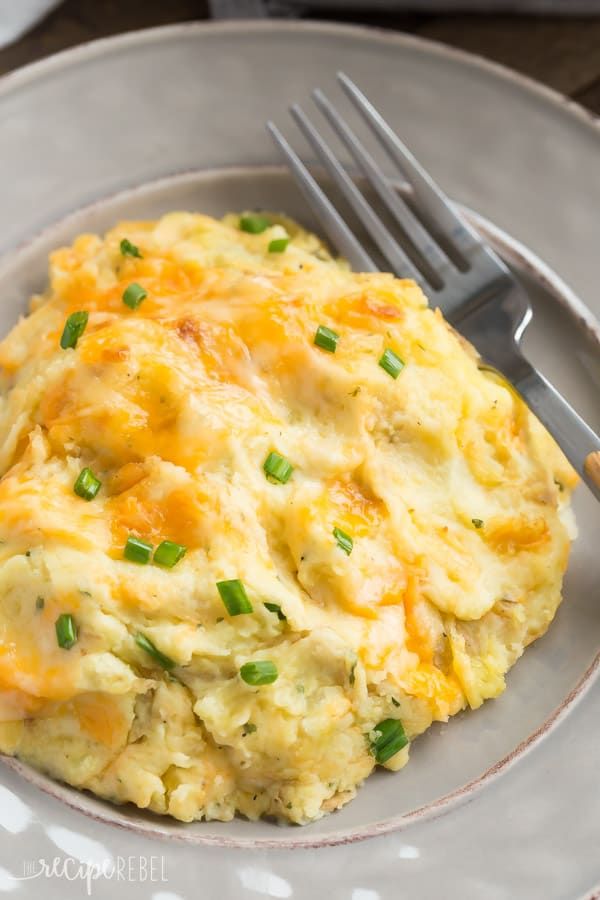
Potatoes are a good source of vitamin B6, providing 10% of the recommended daily value. nine0003
Vitamin B6 is a water-soluble vitamin that plays an important role in carbohydrate and protein metabolism. It helps the body make non-essential amino acids needed to make various body proteins; B6 is also required for the synthesis of hemoglobin, the main component of red blood cells.
One medium potato provides 6% of the recommended daily intake of iron.
One medium potato with skin provides 620 milligrams or 18% of the recommended daily value (DV) of potassium per serving and is considered one of the best potassium foods. Potatoes rank highest among potassium-rich foods and are among the 20 most commonly consumed raw vegetables and fruits. Potassium is a mineral that is part of every cell in the body. It helps maintain normal blood pressure. Potassium is also vital for the transmission of nerve impulses or signals, as well as for helping muscles. nine0003
As with many other vegetables and fruits, the nutritional value of potatoes is maximized when cooked with the skin on.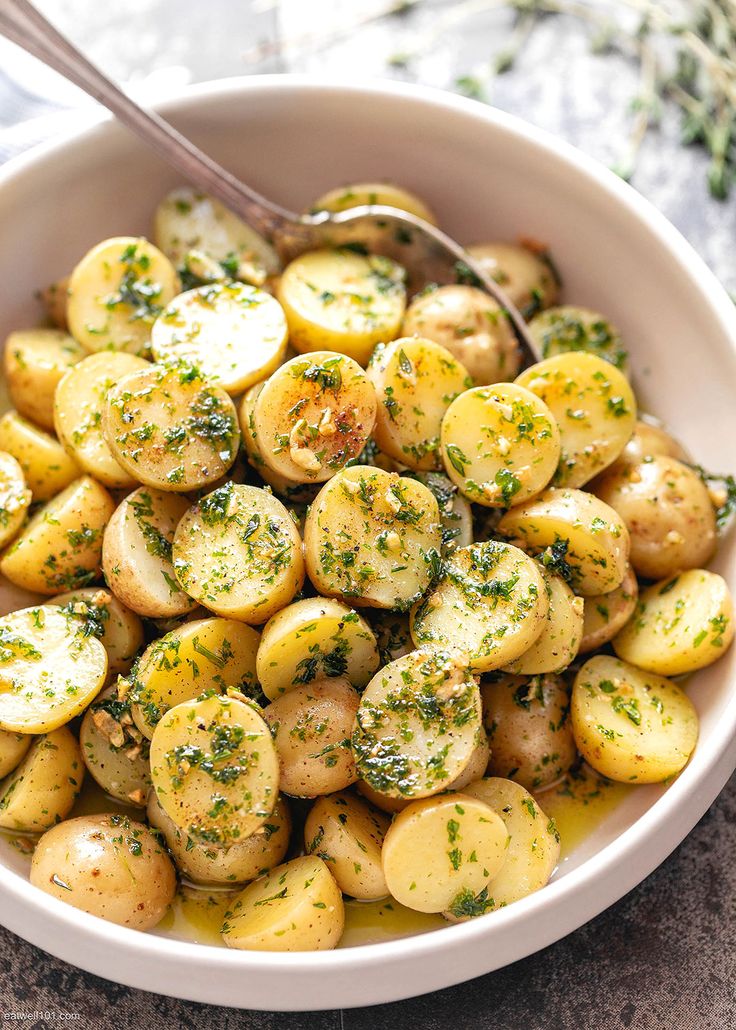
Of course potato skins are difficult for young children to digest, although young potatoes are thin and tender and easy to peel off. But it is rare for small children to prepare dishes made from potatoes with skins, such as village potatoes. Such dishes are offered to older children who will appreciate the taste of the product with spices.
Potatoes are packed with carbohydrates. Carbohydrates are generally considered a bad food, but the carbs in potatoes are complex carbs - the "goodies" of the carb world! They are the main source of fuel, helping to feed the brain and bring energy to the muscles of the child! nine0003
Carbohydrates in potatoes contain "resistant starch" that does not survive digestion on its way to the large intestine! There, it acts as a fiber as it can help lower cholesterol levels and help protect against colon cancer. Potatoes give a satisfying feeling of fullness, which is why they are a popular comfort food!
Unfortunately, the health benefits of potatoes are generally negated by unhealthy cooking methods such as roasting.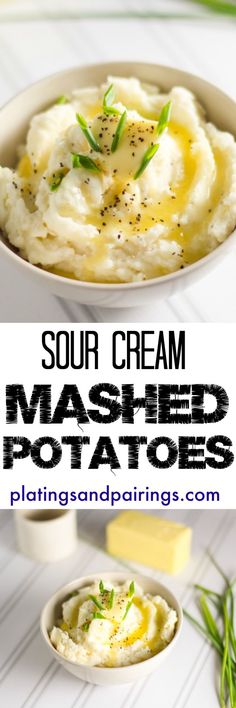 Or by adding various fillings that improve the taste of potatoes, but reduce its benefits. And this is a shame, because potatoes, properly cooked, can be not only delicious, but also healthy for the little man. nine0003
Or by adding various fillings that improve the taste of potatoes, but reduce its benefits. And this is a shame, because potatoes, properly cooked, can be not only delicious, but also healthy for the little man. nine0003
Potatoes are introduced into complementary foods at the age of 7-8 months. Ideally, after 8 months, since not every child is able to digest potato starch well. It is because of him that they try to introduce potatoes into complementary foods not as the first product. In American pediatrics, a child's acquaintance with white potatoes occurs at about the age of 8-10 months, closer to 10 months. Not to be confused with sweet potatoes. It is in Russian cooking without potatoes anywhere, any soup or stew includes this product, but other countries sometimes prefer sweet potatoes. Potatoes in complementary foods are peeled in a thin layer, young potatoes are washed with a rough sponge, which can easily peel off the delicate skin without a knife. nine0003
Mashed potatoes for baby are prepared with a fork and a sieve/masher.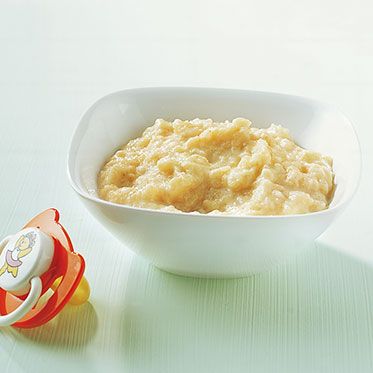 The blender makes the puree sticky, not every child will eat this. Therefore, we try to prepare mashed potatoes without lumps, if this does not work, we use a plastic sieve to give a more uniform consistency.
The blender makes the puree sticky, not every child will eat this. Therefore, we try to prepare mashed potatoes without lumps, if this does not work, we use a plastic sieve to give a more uniform consistency.
Always add butter to mashed potatoes. We make mashed potatoes liquid, so we do not pour out the potato broth, but use it. Without salt. We introduce the baby to potatoes for 4-7 days, follow the reaction of the body. Possible constipation. nine0003
We give mashed potatoes to the child 1-2 times a week, 100-150 grams at a time, but less is better than more. We look at the condition of the child. Although the potato occupies a leading position in Russian cuisine, I believe that potatoes should be an episodic product in baby food, which is given a little in combination with other vegetables. In large quantities, potatoes will not bring much benefit, but you should not refuse the product either.
By the way, you can store cooked potatoes for a child for about a day, up to a year, then as it is customary in the family. nine0003
nine0003
Complementary potatoes
Young potatoes for children
Young or early potatoes are offered to children from April to July, depending on the climate. It can be offered to a child after 1.5-2 years in a boiled form, after 3 years in a baked form, after 4-5 years in a fried form. It is important that the child can chew food well, bite it into two halves. Young potatoes can be very small, and this is a risk of suffocation.
new potatoesIdeal for boiling, stewing, steaming, and roasting. Ideal on its own or as part of salads or stews. You can read more in a separate article about Young potatoes here. nine0003
RECIPE - Young potatoes in their skins.
ARTICLE - New potatoes.
Young potatoes complementary foods Infographics
Until what age should potatoes be soaked?
The most important question that parents of almost all children ask is, until what age should potatoes be soaked?.
We'll try to answer. Up to about a year, it is advisable to soak the potatoes in cold water. At first, the potatoes are soaked for about 10-12 hours in order to completely get rid of starch, a change of water is desirable, at least a couple of times. Then the time is gradually reduced, by the year the potatoes are soaked for about 1-2 hours, no more. After a year, potatoes are prepared in the same way as is customary in the family. Why are we doing this? It's just that starch is poorly absorbed by the child's body, and it also increases insulin levels. And potatoes are a tuberous product that likes to collect nitrates, pesticides, etc., so it must be soaked for at least a couple of hours, for the safety of the whole family. nine0003
Allergy to potatoes
Allergy to potatoes in a child is very rare. But if it happened, then most often at the age of up to a year, during the introduction of complementary foods. People can be allergic to both raw and boiled potatoes. Potato allergy symptoms range from mild to severe.
They can affect the skin, respiratory system and digestive tract. A potato allergy can also cause a life-threatening reaction called anaphylaxis.
Potatoes contain a large number of chemical compounds, most often proteins (pentone and tuberin) and starch can cause allergies. Moreover, if there may be an allergic reaction to the first components, then there may be hypersensitivity to the last component, since the product is poorly digested by the body, which leads to unpleasant symptoms in the form of gas formation, constipation, etc.
Allergy to potatoes can manifest as redness, rash, difficulty breathing, swelling of mucous membranes, irritation in the mouth, impaired stool, loss of appetite, vomiting, stomach pain, etc. Worst option - angioedema and anaphylactic shock.
If an allergy to potatoes appears, we cancel the product and turn to a pediatrician who will prescribe enterosorbents and histamine preparations. If the child is choking, blushing, unable to take a breath, urgently call an ambulance.
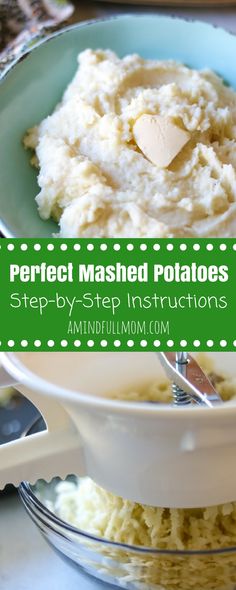
How to give potatoes
Complementary potatoes can be given up to 9-10 months only in the form of a homogeneous consistency, namely in the form of mashed potatoes, preferably without lumps. Then you can give boiled potatoes in small pieces, like finger food. But potatoes are chosen crumbly and well-cooked so that the child procrastinates a piece in his mouth, and swallowing it does not choke. nine0003
Potatoes can also be given in the form of boiled, baked, steamed potatoes. All other options up to 2-3 years are contraindicated for a little man. Up to a year, potatoes in complementary foods are given in the form of mashed potatoes and soups. After that, you can make potato pancakes or cutlets, dumplings, stews, borscht, sauces, casseroles, etc. from potatoes.
Roasting white potatoes is the best way to prepare them. Baking white potatoes, especially for baby food, brings out their natural flavor while retaining most of the nutrients. nine0003
How to choose and store potatoes
First of all, pay attention to the peel.
It is believed that the thicker the peel, the more mature the potato is. And if it is mature, the more likely it is that the potato will survive the winter. Never buy sprouted or green potatoes. in this state, toxic substances are activated in him. Small depressions, grooves, speak of the experienced presence of May beetle larvae, and barely noticeable holes can tell that a potato tuber has tried a wire beetle. Brown spots can indicate a scab disease. This disease is caused by fungal bacteria. A really high quality potato should be firm and firm, with a smooth skin and no external imperfections. nine0003
The most excellent types of potatoes for boiling and frying are those with pinkish skins. And for mashed potatoes, potatoes with white flesh and skins are most suitable.
Refrigeration is not recommended, but it is possible. Create special conditions for this. There are a few precautions in this process.
The starch found in potatoes can turn into sugar at low temperatures.For this reason, potatoes can have a sweetish taste. The higher the percentage of moisture in the refrigerator, the greater the risk that the potatoes will rot. nine0003
Do not store potatoes in plastic bags in the refrigerator. He needs to breathe.
If the potatoes are already cooked, it is best to eat them within 2 days. And if the potato is raw, then within a week everything will be fine with it. Remember that potatoes should be stored in the refrigerator for no more than 7 days.
The cellar is the best way to store potatoes. It should be dry, dark, and the temperature constant. The best average temperature is from 2 to 4 degrees, and the percentage of humidity should not exceed 70%. In order to reduce dampness in the cellar, its floor is covered with rubble or pebbles. If there is a window in the storage room, then you need to try to make sure that direct sunlight does not fall on the potatoes. Also try to ventilate the room, because. stagnant air can harm potatoes.
nine0003
Shelf life of potatoes in the cellar: six months.
Pesticides and potatoes
If, when pressed with a fingernail, the peel easily breaks, and there is moisture at the site of the nail mark, this means that the potato was grown with the help of nitrates. If a crunch is heard, then the potato is quite safe, and you can take it.
Potatoes receive the first dose of pesticides, herbicides and insecticides from producers during cultivation. These substances help to get rid of weeds, pests, irritants of various diseases and fungi. Nitrates are also used for larger plant volume and faster growth. And to improve the appearance, it is simply washed. nine0003
Contraindications
It is recommended to limit the diet of potatoes to those who suffer from problems with digestion or obesity, the work of the gastrointestinal tract. Without a doctor's referral, you should not be treated with potatoes, with diabetes. We can't rule out an allergic reaction.
Here you will need the help of a doctor. If necessary, an antihistamine should be taken to avoid complication of the patient's condition.
How to cook potatoes?
Potatoes are offered as a one-component puree for the first feeding, cooked from a fresh product. The product can be boiled in water or steamed, baked in the oven. At first, the potatoes must be peeled, but as soon as the baby gets acquainted with the product, it can be boiled or baked in the oven in a peel, the taste of the product is different, so it’s worth introducing the baby to all possible cooking options. After 3 years, you can give the baby to eat potatoes that were baked in a fire, just clean it well from the ashes. nine0003
Freezing potatoes
I do not recommend freezing potatoes, especially for a child. Many write on the Internet that raw potatoes, after freezing and thawing, acquire a sweet taste. Honestly, no, it doesn’t, especially if it’s in mayonnaise with garlic, it’s normally baked and it turns out delicious.
I freeze potatoes in a complete adult dish and do it to save my time, like french fries. But when I cook for a child, I soak the potatoes for several hours, why freeze it after that. This is not a product that should be stored in the freezer, then pulled out and cooked again. Peel one potato in just 1 minute, I do not feel sorry for the time for the child. But the French-style meat is cooked for about an hour, and then baked. nine0003
Also, do not freeze mashed potatoes, they become too watery.
Finger food potatoes
Babies have a natural curiosity and need to be explored. Why not take advantage of this when serving baby food? Help your baby develop a strong grip by offering finger food and self-feeding food.
For example, white potatoes mixed with flattened peas are a good finger food option. This is done very easily. Pour the steamed peas, which were previously mashed, into the mashed potatoes. This consistency will help the child develop motor skills while the child is trying to fish out green peas from the white mass of potatoes.
It's also worth trying mixing carrots, broccoli, green beans, and any other colorful food with mashed potatoes. nine0003
Potato pieces can be given when there is confidence that the child will not choke. It is worth choosing a crumbly potato variety that is well cooked. Give small pieces so that you can swallow them.
We eat deliciously. Annabelle Carmel.
Superfood for your child from 0 to 2 years old. Ruth Yaron Superfood for your child from 0 to 2 years old. Ruth Yaron Superfood for your child from 0 to 2 years old. Ruth YaronPotato ready-made baby food
Potato ready-made baby food offers potatoes in the form of mixes with other vegetables, meat or fish. Pure mashed potatoes can only be found at Hipp and Gerber. nine0003
Then the most common vegetable combination is zucchini and potatoes , this type of baby puree is offered to us by such manufacturers as Semper, Fleur Alpine, Hipp, Frutonyanya, Gerber. Moreover, companies such as Fleur Alpine, Hipp add rice flour and rapeseed oil to this baby puree, in addition to the declared vegetables.
Also found are cauliflower and potatoes from Fleur Alpine and Gerber, corn and potatoes from Semper, and pumpkin and potatoes at Hipp. Bibikol, a manufacturer of baby food, offers an interesting combination:
- zucchini, potatoes and goat curd;
- pumpkin, potatoes and goat curd .
But carefully read the composition of baby puree, as this manufacturer added rice flour and an apple to these purees.
There are also many vegetable platters with potatoes from various baby food manufacturers, for example:
- Hipp vegetable platter, 125 grams,
- Heinz Vegetable Mix, 120 grams,
- Marmaluzi Sweet Vegetable Puree, 125 grams.
Potatoes are often combined with meat and fish. Basically, we are offered something similar to stew or soup and borscht, as well as fish cakes with mashed potatoes or fish soups, but all this is offered in the form of a homogeneous consistency.
Basically almost all jars from 120 grams and more. The smallest dosage of 80-100 grams is found in Frutonyanya and 100 grams in Babushkino Lukoshko. nine0003
Let's look at some examples of baby meat and potato purees.
I remind you that we carefully read the composition of such multi-ingredient children's dishes, because manufacturers add herbs (basil, dill, parsley), oil (rapeseed, olive, corn, etc.), natural thickeners (rice or oat flour) to give taste ), spices (pepper and salt), products that have not yet been introduced into the baby's complementary foods (spinach, leek, etc.). Therefore, if the composition contains at least one unfamiliar product for the baby, then this baby puree must be introduced into the child's diet, as a new product, within 4-7 days. nine0003
Hipp
- Vegetable cream soup with chicken, 190 grams;
- New potatoes and green beans with rabbit;
- Vegetable mix with beef, 220 grams;
- Potato with rabbit and fennel;
Marmaluzi
- Vegetables with beets and tongue, 125 grams
- Vegetable stew with beef;
- Vegetable puree with chicken meat;
Gerber
- Home style turkey; nine0006
Heinz
- Country veal;
- Peasant beef, 120 grams;
- Vegetable stew with turkey;
- Sauteed pumpkin with chicken, 120 grams;
Babushkino Lukoshko
- Turkey/vegetables, 100 grams;
- Beef/vegetables;
Semper
- Vegetables with turkey meatballs, 190 grams
- Potato stew with beef; nine0006
- Potato and vegetable stew with chicken;
- Vegetables with rabbit in cream sauce;
- Vegetables with veal liver;
- Vegetables with beef meatballs;
- Mashed potatoes with vegetables and veal;
- Vegetables with lamb;
Frutonyanya
- Turkey/Vegetables, 100 grams;
- Chicken/vegetables;
- Beef/vegetables;
And now some more baby purees with fish and potatoes :
Heinz
- Hake with potatoes;
- Vegetables with trout;
Babushkino Lukoshko
- Keta/vegetables;
- Walleye/vegetables;
- Sockeye/vegetables;
- Pink salmon and potatoes;
- Salmon/vegetables
Semper
- Vegetable stew with cod fillet, 190 grams;
- Sauteed vegetables with sea bass;
- Potato with flounder;
- Mashed potatoes with salmon in creamy sauce, 190 grams;
Marmaluzi
- Mashed potatoes with fish pieces, 190 grams.
